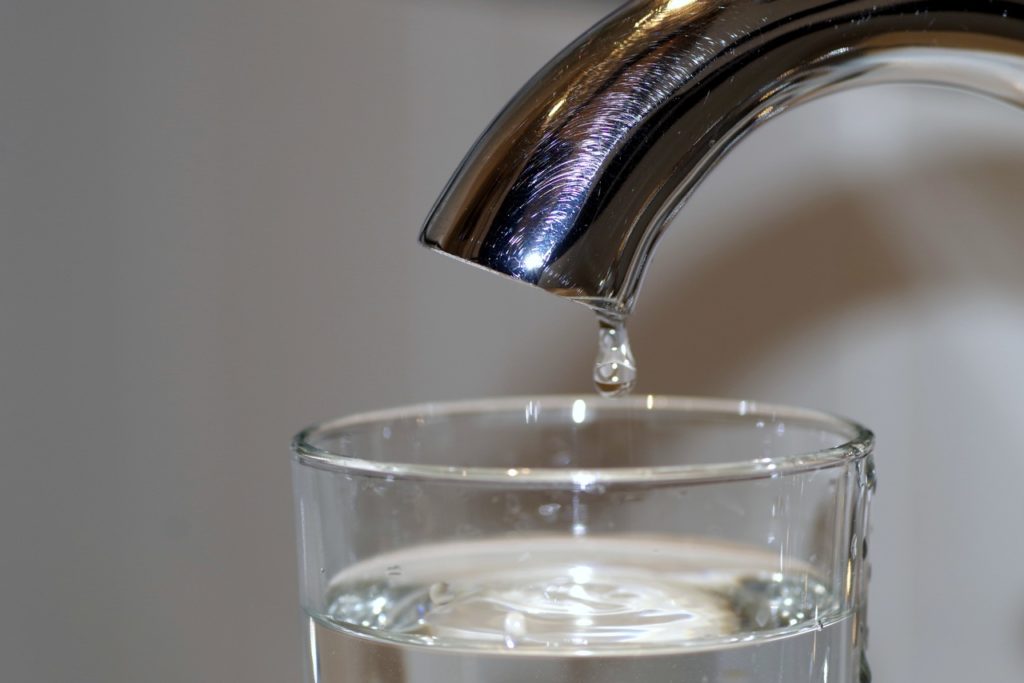Wallonia is set to receive the first tranche of the earmarked €725 million in loans from the European Investment Bank (EIB) to help guarantee the drinking water supply in the region.
The investment comes as part of the EIB’s 2022-2026 investment plan with the Walloon water operator Société Wallonne des Eaux (SWDE), first established in 2006, according to a press release.
On 13 May, the vice-president of the EIB, Kris Peeters, met with the Chair of SWDE's management committee, Eric Van Sevenant, to ratify the agreement. Of the nearly €60 billion that the EIB has allocated to the company, 50% will be invested in infrastructure and sustainable projects.
The SWDE spends an average of €120 million per year on investment projects into water and sustainable development.
Persistent drought issues
As part of the Walloon Government’s drought strategy, SWDE spent €400 million on 400km of large water transport pipes, 12 pumping stations, nine reservoirs, two treatment plants, and three water towers, which are financially supported by the government.
“Thanks to the EIB’s valuable assistance, these important projects, which are key for Wallonia and its people against the backdrop of climate change, can be implemented on favourable time scales and conditions,” said Van Sevenant.
The Wallonia area, much like large swathes of Flanders and Northern France, are struggling with high levels of water stress. Some areas of Wallonia depleted nearly 80% of their renewable water resources this year, chiefly due to drainage systems built to move water away from low-lying areas.
Many communities in the Ardennes region have been hit particularly hard as a result of extended dry periods and low water accessibility.
Related News
- Water scarcity: Dry March highlights fragility of Flemish groundwater levels
- Flanders starts fight against climate change early this year
A 2019 report by the World Resources Institute notes that Belgium depletes its water reserves at an alarming rate. The country is the 23rd country most likely to experience drinking water shortages.
This issue has only been exacerbated by global warming and increasing periods of drought across Europe. March was an extraordinarily dry period in Belgium. In Flanders, groundwaters more than halved.
The European Environmental Agency (EEA) now warns that climate change is expected to make the problem worse, as "droughts are increasing in frequency, magnitude and impact."

